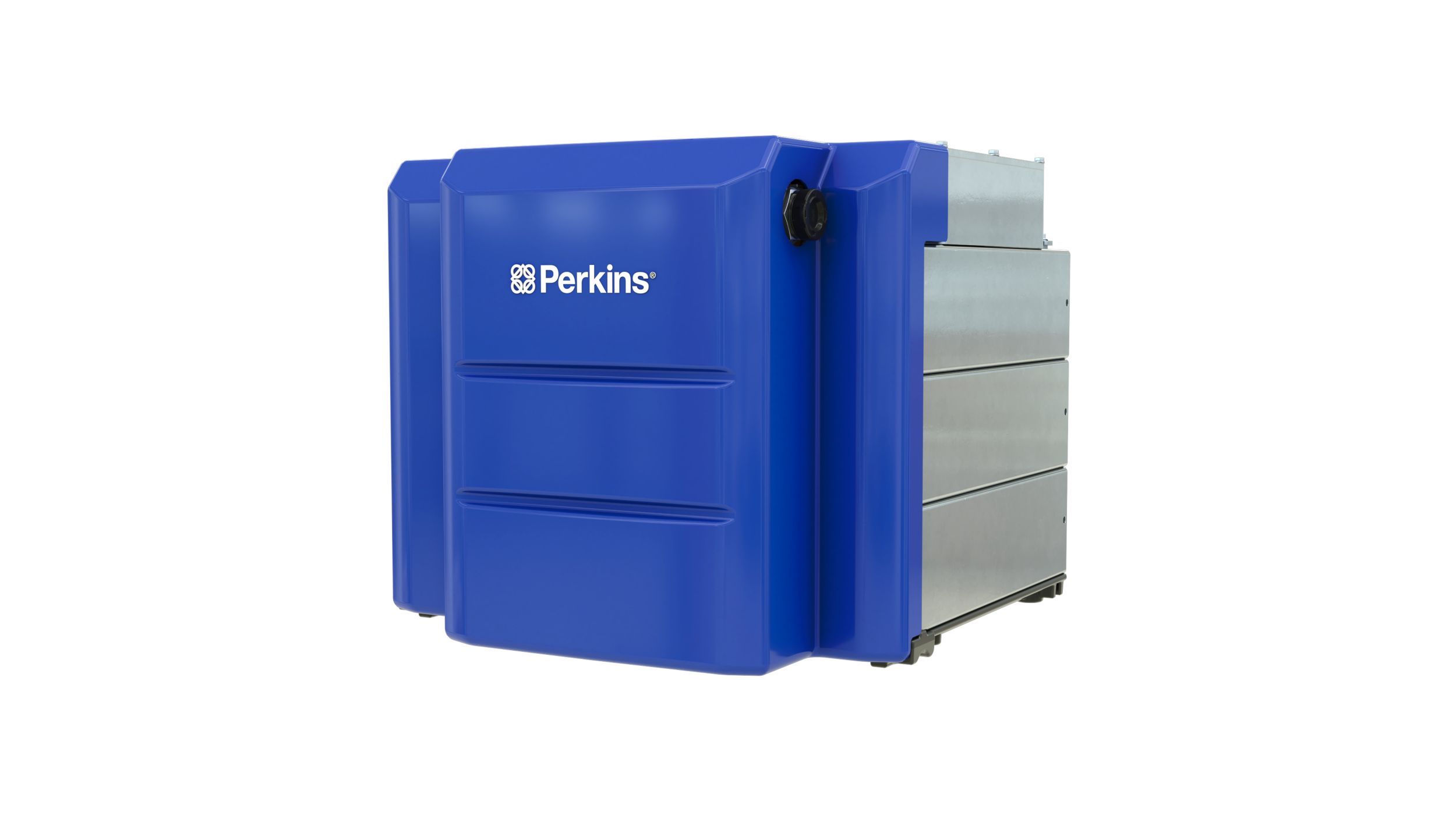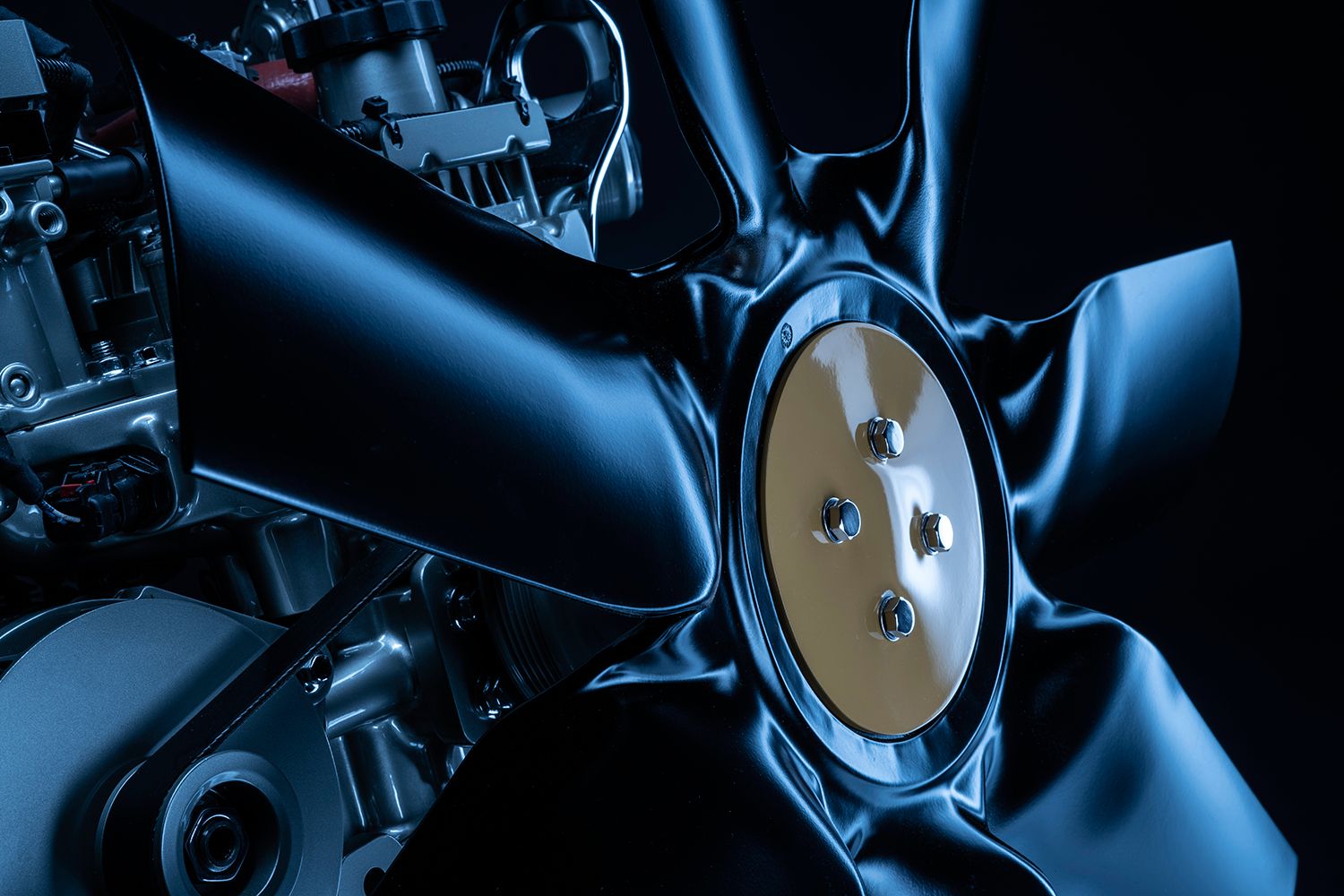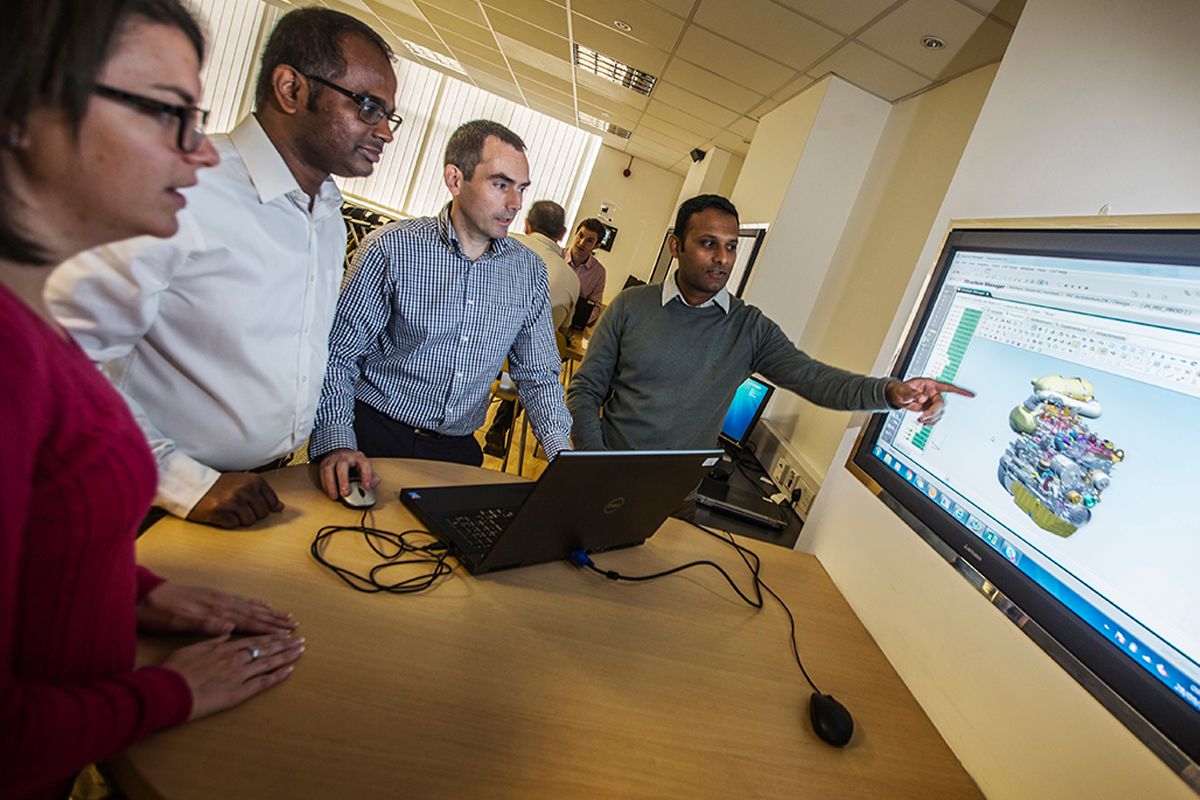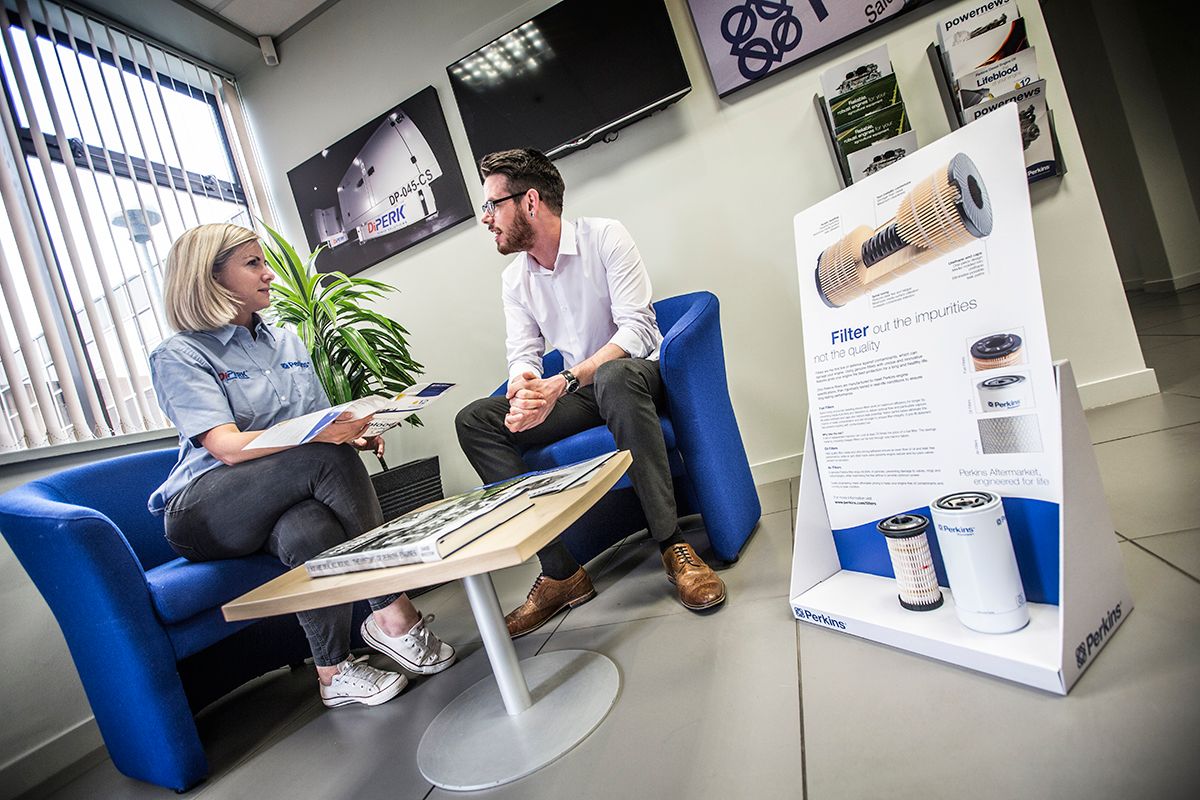Sustainability is key to a successful business and is at the forefront of our minds in relation to all aspects of our business from our global facilities to our products. Our longstanding commitment to sustainability also inspires us to help our customers and end users to achieve their goals—in a sustainable way.
Like our parent company, Caterpillar, we are committed to contributing to a reduced-carbon future and supporting global efforts to mitigate the impact of climate change. We demonstrate this through our ongoing progress in reducing greenhouse gas (GHG) emissions from our manufacturing operations and our continued investment in new products, technologies and services to help customers achieve their climate-related objectives.

Perkins is demonstrating the company’s 90-year history of exploring, innovating, and delivering customised power solutions at bauma 2022 through a broad spectrum of innovations that are designed to address the needs of original equipment manufacturers (OEMs) and their customers.
Learn morePerkins Engines Company Limited is pleased to announce its participation in two projects under the UK Government’s ‘Red Diesel Replacement’ competition.
Learn MoreIf you're ready to receive trusted advice from a Perkins expert, speak to our team today.
Connect with usOur digital magazine with the latest news, interviews and analysis.
Read moreYour regional Perkins Distributor can provide local, on-the-ground engine support.
Learn More



